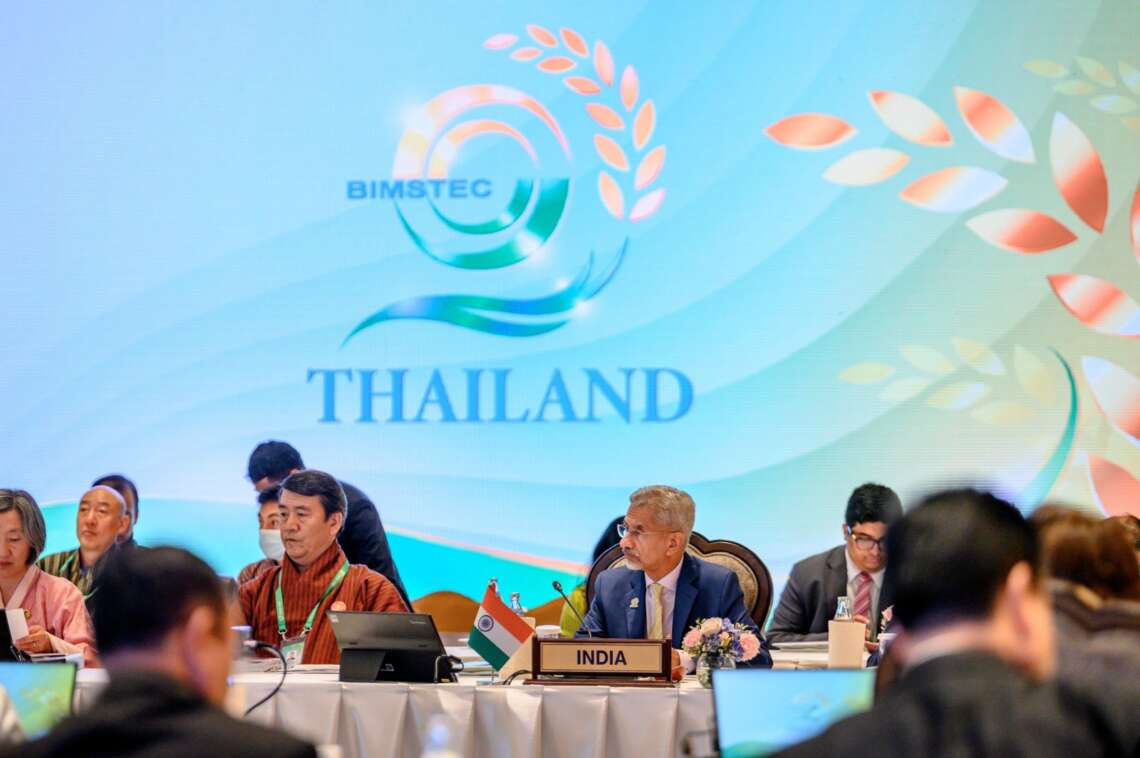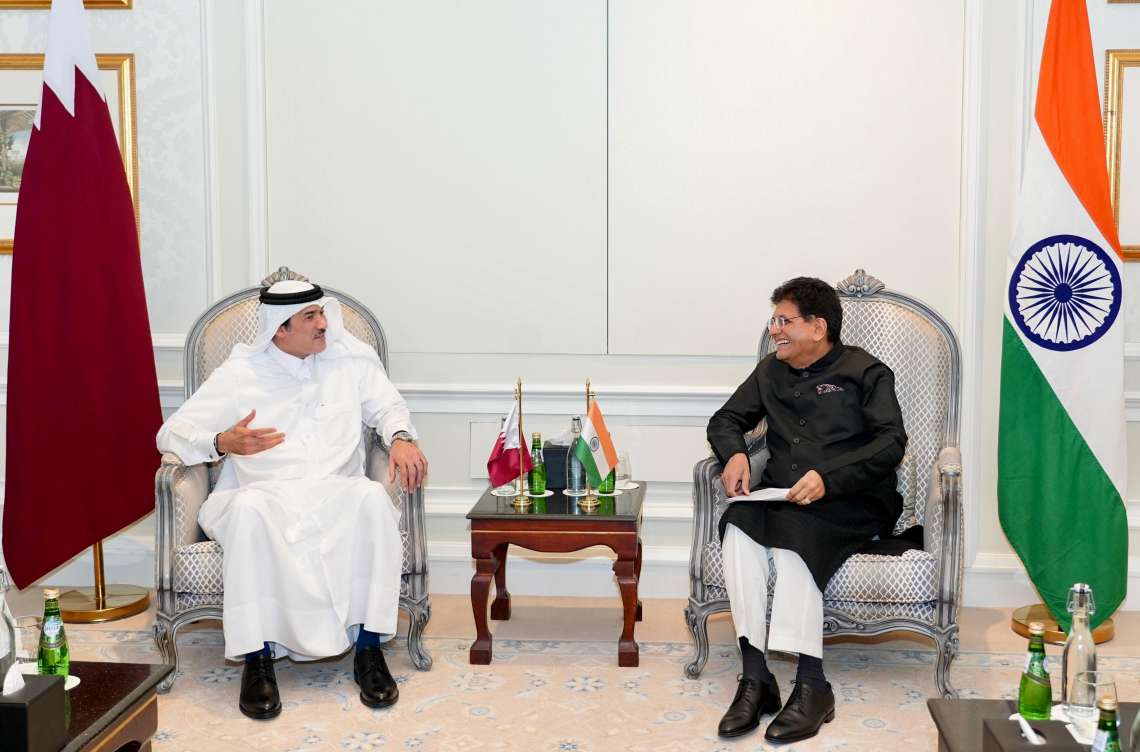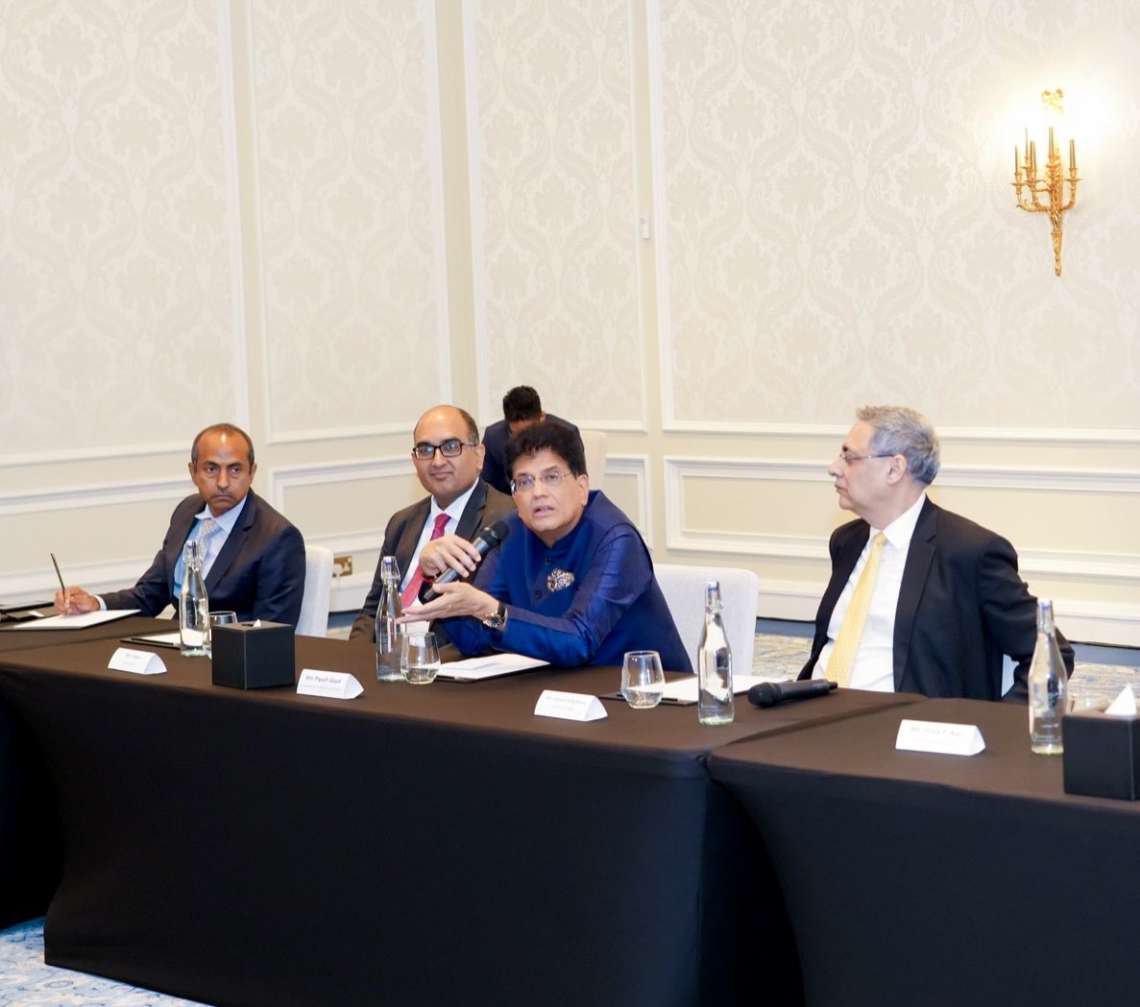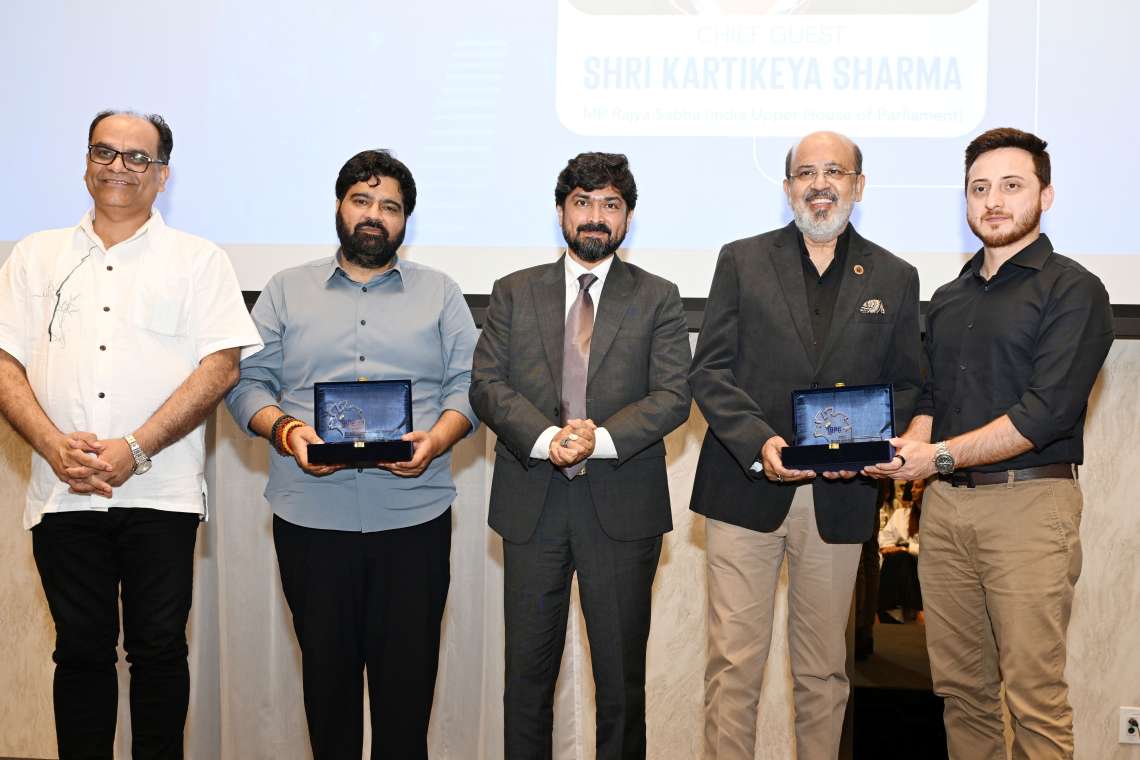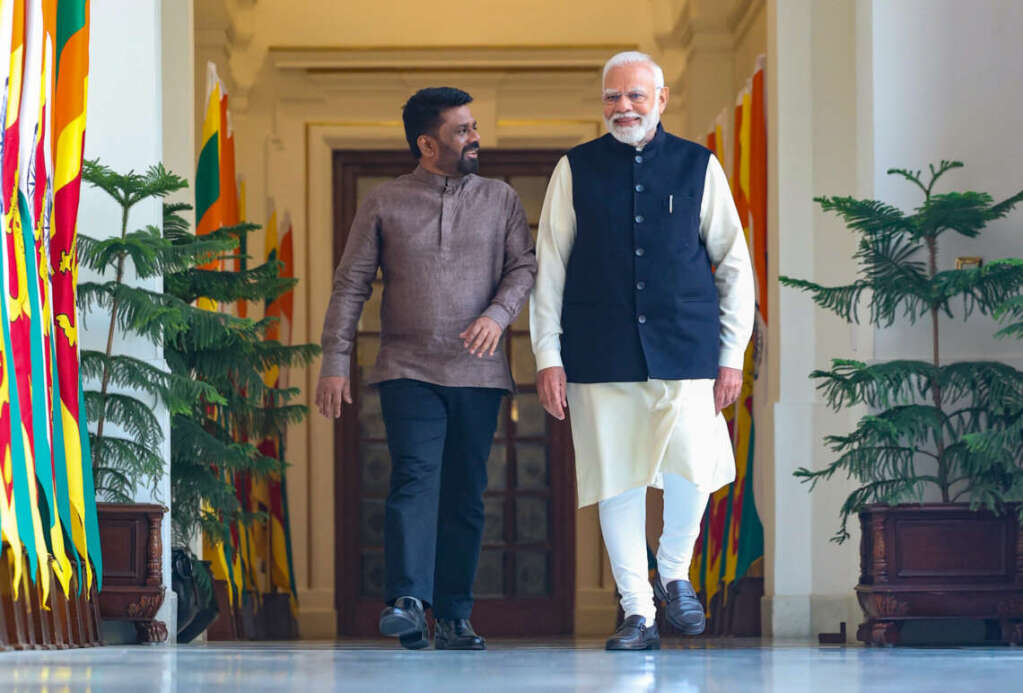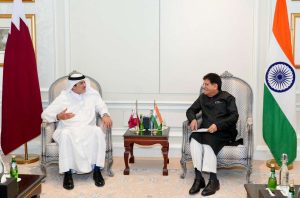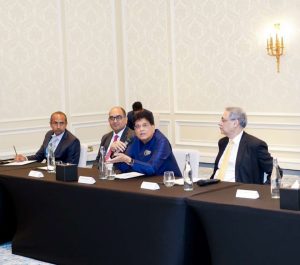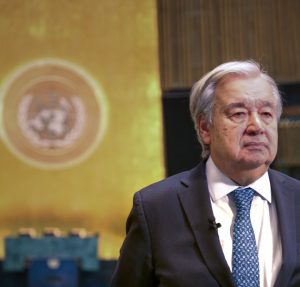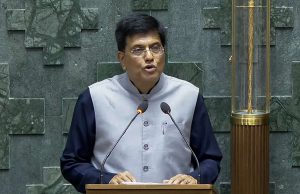Jaishankar took the opportunity to underscore India’s swift humanitarian response, highlighting Operation Brahma, which was launched to assist those affected by the earthquake.
External Affairs Minister S. Jaishankar on Thursday expressed India’s solidarity with Myanmar and Thailand at the 20th BIMSTEC Ministerial Meeting in Bangkok, reaffirming India’s role as a first responder in the aftermath of the recent massive earthquake that struck parts of the region.
As leaders and ministers gathered for the ministerial meet ahead of the 6th BIMSTEC Summit on Friday, Jaishankar took the opportunity to underscore India’s swift humanitarian response, highlighting Operation Brahma, which was launched to assist those affected by the earthquake. “Before we discuss the agenda, I would like to express our solidarity and support for Myanmar and Thailand in the face of the massive earthquake a few days ago,” Jaishankar said in his opening remarks. “India is living up to its obligation as a First Responder in this situation.”
He also posted on X: “Delighted to participate in the 20th BIMSTEC Ministerial Meeting in Bangkok this morning. Expressed India’s solidarity and support for Myanmar & Thailand in the face of the massive earthquake.” The 20th ministerial meet serves as a precursor to the summit-level talks on Friday, where member countries are expected to reinforce regional cooperation, sign key agreements, and announce the creation of several Centres of Excellence.
Jaishankar said that for India, BIMSTEC—Bay of Bengal Initiative for Multi-Sectoral Technical and Economic Cooperation—is not just a regional grouping, but a strategic convergence point of three major Indian foreign policy pillars: Act East, Neighbourhood First, and MAHA-SAGAR (Maritime Cooperation) outlook.
“BIMSTEC represents the trifecta of our crucial initiatives,” he said. “It is also on the pathway to our Indo-Pacific commitment.”
Stressing the importance of deepening regional ties, the External Affairs Minister said India’s strong bilateral relationships with individual BIMSTEC members serve as a foundation for collective progress.
“In order to promote BIMSTEC, what India is doing is to draw the best from all of them and then synergise that with our collective efforts,” Jaishankar said. “At the end of the day, what we seek to create is a strong structural framework with a substantial relevance to our people.”
He described the regional bloc as a platform that could transform the Bay of Bengal into a hub of connectivity, commerce, and cooperation.
“The BIMSTEC has its agenda before it. Our job is to prepare for a successful Summit tomorrow where our leaders will reinforce the pillars of cooperation, witness the signing of significant agreements and declare the establishment of Centres of Excellence,” he noted. “I am confident that we will not only accomplish the groundwork properly but set the stage for the emergence of the Bay of Bengal as a vibrant and energetic region.”
Looking ahead, Jaishankar outlined key sectors where regional collaboration could yield tangible benefits. These included power grid connections, digital infrastructure, business activity, maritime and land transport, the blue economy, and health, food, and energy security.
“The second line of approach would be to deepen our collaboration by directing energies towards the most visible convergences,” he said. “Each one of us has our own experiences and best practices to share. The creation of Centres of Excellence is one way of promoting that objective.”
The minister’s remarks set the tone for the high-level BIMSTEC Summit on Friday, where leaders from member states—Bangladesh, Bhutan, India, Myanmar, Nepal, Sri Lanka, and Thailand—are expected to push forward regional integration and cooperation.
India’s role, both as a regional leader and a reliable responder in times of crisis, was evident in Jaishankar’s words and actions, reinforcing the country’s growing diplomatic presence in the Bay of Bengal and wider Indo-Pacific region.

